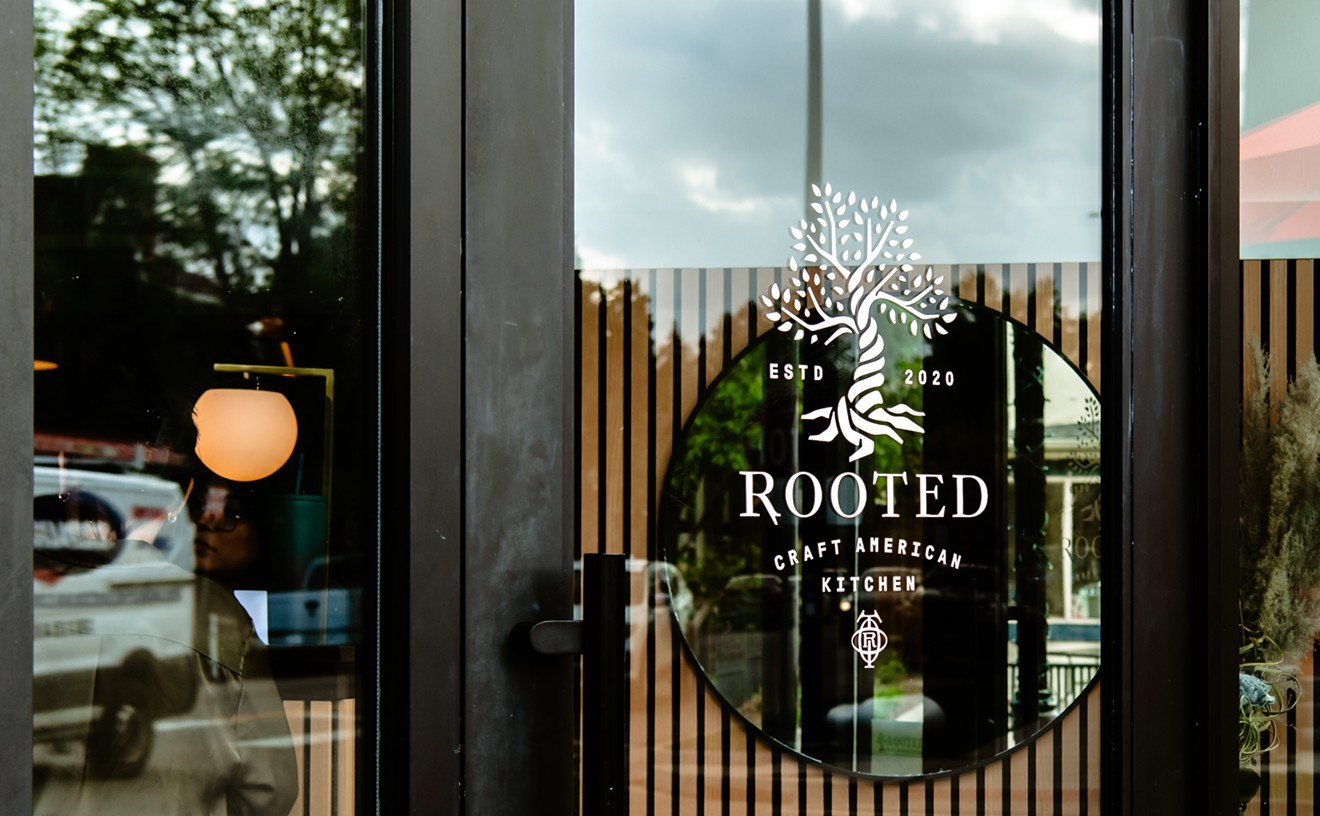Felice refuses to lead a safe life. Aware of the precariousness of her situation, she is determined to enjoy every moment she has. Much of her time is spent with lesbian friends, several of them Jewish and passing themselves off as gentile, just as she is. Through one of them, Ilse, she meets Lilly Wust (the stellar Juliane Köhler), the beautiful, middle-class wife of a German officer who is fighting at the front. Lilly, not terribly bright, is a conventional woman who leads the life expected of her: She married a handsome man she didn't love and now has four young sons. Despite her conventionality, Lilly longs for passion in her life and seeks comfort in the arms of a succession of worthless men. When Felice flirts with her, she is shocked, but also fascinated. The two women begin an intense affair that puts them both at great risk.
Max Färberböck, an award-winning television director making his first feature, and co-writer Rona Munro have pulled off the difficult feat of making us accept what, on the surface, seems to be a very odd pairing: the clever, sophisticated Felice and the beautiful but shallow Lilly. That Felice, who is so guarded with her feelings, should lose herself so completely in Lilly is as surprising as the fact that Lilly, until then strictly heterosexual, should fall so deeply in love with Felice. Yet we accept it as part of the mystery -- and power -- of real love.
Both lead actresses are superb (they shared the Silver Bear at the 1999 Berlin Film Festival). Looking like a silent film star, Schrader conveys a fierce toughness and determination but also an unexpected vulnerability and warmth. As Lilly, Köhler shows us a woman whose life veers off in a totally unexpected direction and who finds herself, much to her own surprise, embracing the implications rather than shrinking from them. The supporting cast also shines, especially Detlev Buck as Lilly's husband, Johanna Wokalek as Ilse and Inge Keller as Lilly at age 85.
The story of Aimée and Jaguar -- nicknames Felice gave herself and Lilly -- came to light when Lilly Wust told her story to writer Erica Fischer. Fischer's subsequent book of the same name, published in 1994, was based not only on interviews with Wust but also on the letters and poems she and Felice had written to one another. Beautifully shot by British cinematographer Tony Imi, and with a captivating score by Polish composer Jan Kaczmarek, the film gives us an unexpected picture of Berlin during the war. Despite the aerial bombardment of the city by Allied forces, wealthy Berliners tried to ignore the misery around them, stepping across the rubble and over the dead bodies on their way to fancy nightclubs and bars. The juxtaposition of wealth and misery is almost surreal.










